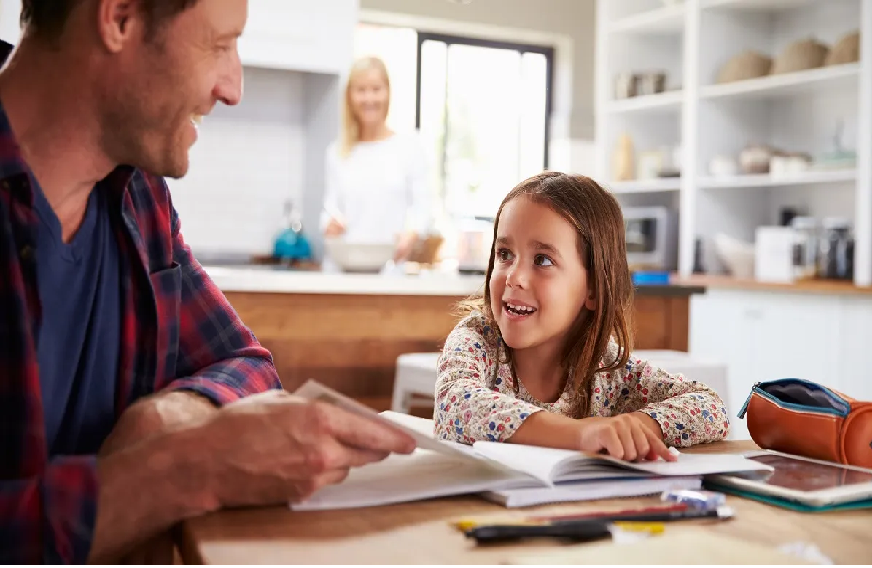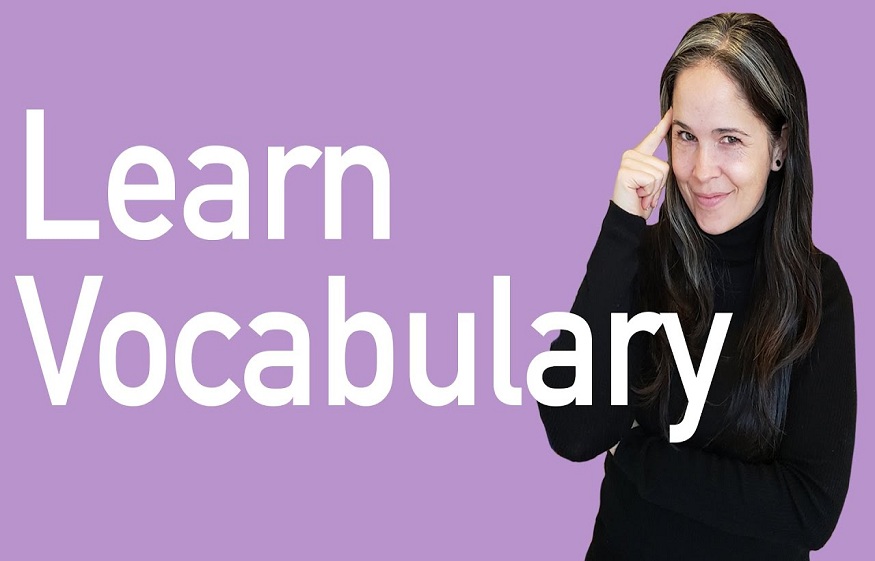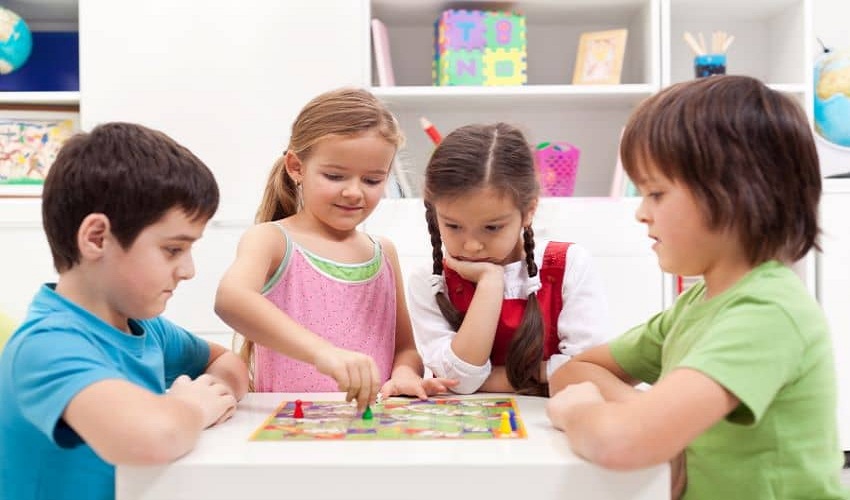Choosing an early learning class for your baby is a meaningful decision—one that goes beyond simple scheduling or convenience. In these earliest stages of life, babies are sponges for sensory experiences, emotional connections, and gentle stimulation.
A good early learning class nurtures all of that, providing a safe space for your child to begin exploring the world in a way that feels secure, joyful, and developmentally supportive. But with so many options available, how do you know which one is the right fit? It begins with knowing what truly matters in your baby’s learning journey.
Observe the Atmosphere and Interactions
A baby’s learning environment should feel calm, warm, and welcoming. When you visit a class, pay attention to how the space feels—are babies content and engaged? Are caregivers or facilitators gentle, enthusiastic, and patient?
The atmosphere should not feel rushed or overstimulating. Early learning isn’t about entertainment or performance; it’s about connection, calm curiosity, and comfort. Look for a class where both adults and babies seem genuinely relaxed and at ease.
Check for Age-Appropriate Activities
Not all baby classes are created with developmental stages in mind. The best ones are tailored to your baby’s age and milestones—whether it’s tummy time, sensory exploration, music response, or early crawling.
A good class won’t push babies to do more than they’re ready for but will gently encourage growth through play and observation. Ask how activities are adapted for babies at different stages, and how the class supports both early movers and younger infants.
Evaluate Instructor Expertise and Engagement
The facilitator or instructor sets the tone for the entire class. They don’t need to be early childhood professors, but they should have experience working with infants and understand basic child development.
Good instructors engage with both babies and caregivers, explain the “why” behind activities, and model positive, supportive interaction. Their presence should feel both professional and nurturing. Trust your instincts—if they make you feel respected, supported, and informed, your baby is likely in good hands.
Consider the Class Size and Structure
Babies can easily become overwhelmed by large groups or chaotic environments. Look for small, intimate class sizes that allow for individual attention and space for babies to feel safe.
A thoughtful structure—like a consistent opening song, clear transitions, and a calming end—helps babies feel secure and builds familiarity over time. Predictability helps babies thrive, so even in a short weekly session, structure matters.
Think About Your Own Experience as a Parent
Early learning class for babies aren’t just for babies—they’re for you, too. Some classes offer wonderful opportunities for bonding, while others may feel rigid or impersonal.
Choose a class that feels supportive of your parenting journey, where you can connect with other caregivers and feel part of a warm, non-judgmental community. Whether it’s music, movement, sensory play, or storytelling, the right class should enrich your time with your baby and make you feel confident in your role as their first teacher.





